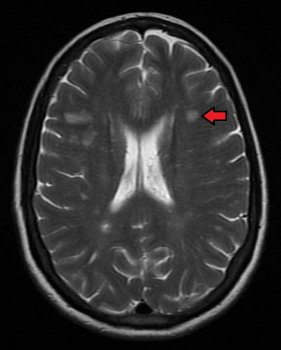
Novartis has reported positive Phase III EXPAND trial results of BAF312 (siponimod) to treat secondary progressive multiple sclerosis (SPMS).

Discover B2B Marketing That Performs
Combine business intelligence and editorial excellence to reach engaged professionals across 36 leading media platforms.
BAF312 has been developed as a selective modulator of specific types of the sphingosine-1-phosphate (S1P) receptor.
Found on the surface of specific cells residing in the central nervous system (CNS), the S1P receptor is considered responsible for causing CNS damage resulting to loss of function in secondary progressive MS (SPMS).
BAF312 is believed to inhibit the activation of these harmful cells by binding to these specific receptors thereby helping to reduce loss of physical and cognitive function associated with SPMS.
The randomised, double-blinded, placebo-controlled Phase III EXPAND trial compared the safety and efficacy of BAF312 against placebo to treat SPMS.

US Tariffs are shifting - will you react or anticipate?
Don’t let policy changes catch you off guard. Stay proactive with real-time data and expert analysis.
By GlobalDataThe trial involved 1,651 people who were randomised in a 2:1 ratio to be administered with either BAF312 or placebo.
It was primarily focused to reduce the risk of the disease progression when compared against placebo determined on the basis of expanded disability status scale (EDSS).
The secondary goals of the trial were to determine the delay in the time to six-month confirmed disability progression against placebo, T2 lesion volume, annualised relapse rate (ARR), and the safety and tolerability of BAF312 when administered to people with SPMS.
Study results suggested that it achieved its primary endpoint.
Novartis drug development global head and chief medical officer Vasant Narasimhan said: "SPMS is a particularly disabling form of MS, and there is a need for effective treatment options to help delay disability progression in those living with the condition.
"The positive EXPAND data are encouraging for a disease with such a high unmet need.
“We look forward to sharing the results at the upcoming ECTRIMS congress, and thank all of the study participants and investigators."
Image: Multiple sclerosis detected in MRI scan. Photo: courtesy of James Heilman.





